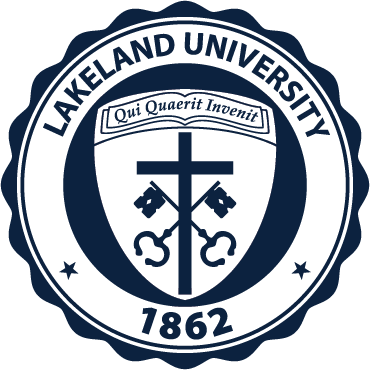

The First Annual Conference on Global Higher Education at Lakeland College Japan
2014 Presentation Summary
Carl Gabrielson is a native of Denver, Colorado and holds an MA in Asian Studies from the University of Hawaii, Manoa. He has worked at Lakeland College Japan as Adjunct Professor of US-Japan Relations, English for Academic Purposes Program Coordinator and English Instructor since 2011.
Presenters include:
Akiko Nakamizu, Student, Soka University
Masahiro Hirano, Administrative Staff, Soka University
Minoru Koide, Associate Dean, Faculty of International Liberal Arts, Soka University
Maria Guajardo, Dean, Faculty of International Liberal Arts, Soka University